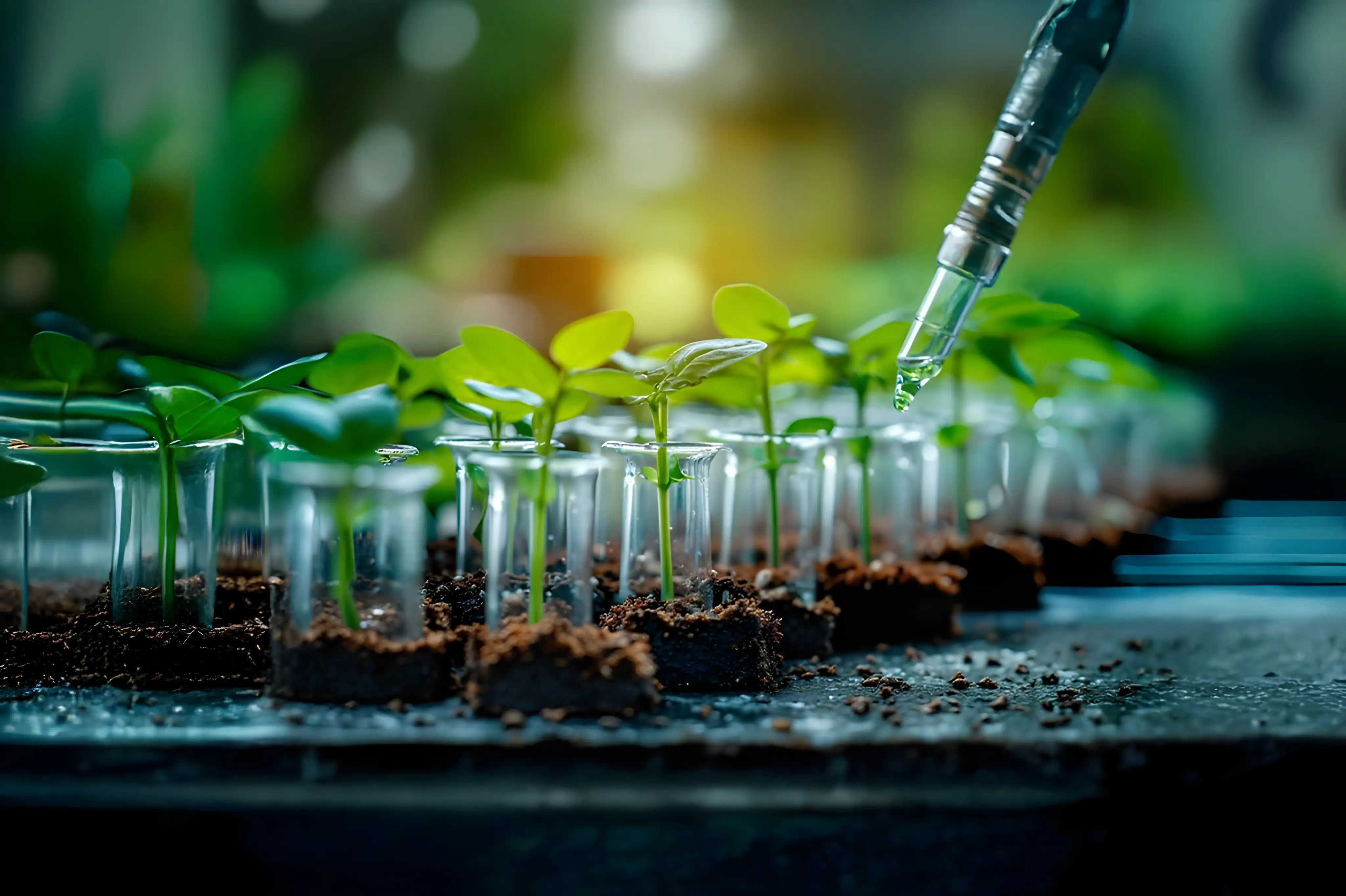The role of technology in seed performance
Farming is a labor-intensive occupation that requires thorough planning to reap rich dividends. Not too long ago, farming was done with rudimentary tools and was dependent on the vagaries of nature. However, things have changed with the digitization in agriculture. Agriculturists have turned to smart farming to reduce time, labor, and dependence on nature, as well as to enhance yields. The need to transform agriculture with technology has become a necessity as the UN Food and Agriculture Organization (FAO) predicts that by 2050, 70% more food will have to be produced, while land availability will increase by just 5% to feed the growing population.
How big data comes to play in seed performance
How predictive intelligence for farming supports the selection of the best seed variety
How prescriptive analytics drives smart farming practices
How AI and ML ease the job of seed selection
As per a Deloitte report, ‘Transforming agriculture through digital technologies, the global market for AI in agriculture was valued at $240 million in 2017 and is expected to reach $790 million by 2023’.
AI-based seed phenotyping can classify critical parameters of a seed in a matter of minutes. ML algorithms and models can analyze seeds for phenotypic characteristics and predict seed health and yield outcomes. Their shape, size, texture, and color can be extracted from images and their unique signatures identified through classifications. Compared to manual inspection, AI/ML automation can provide an efficient method for seed sorting with real-time, readily available reports.








